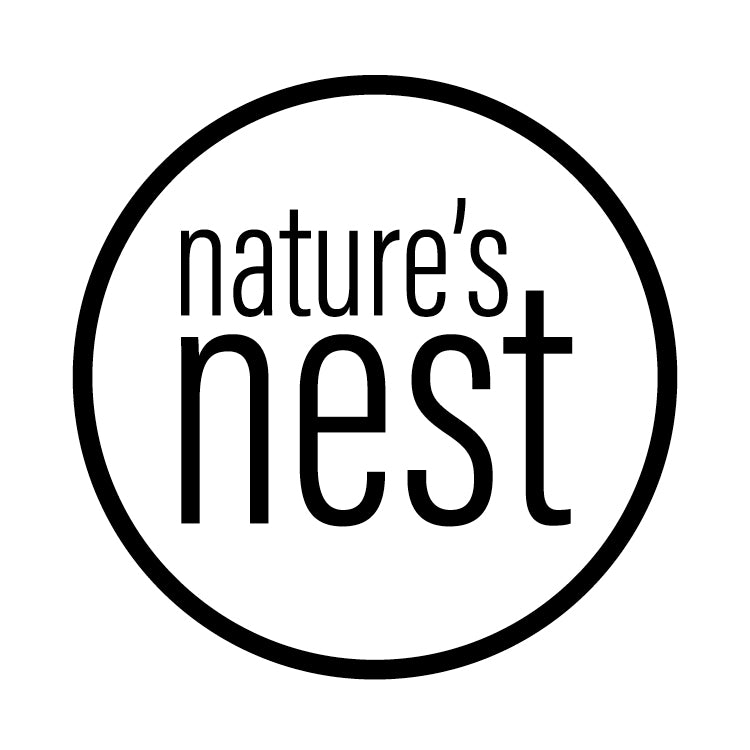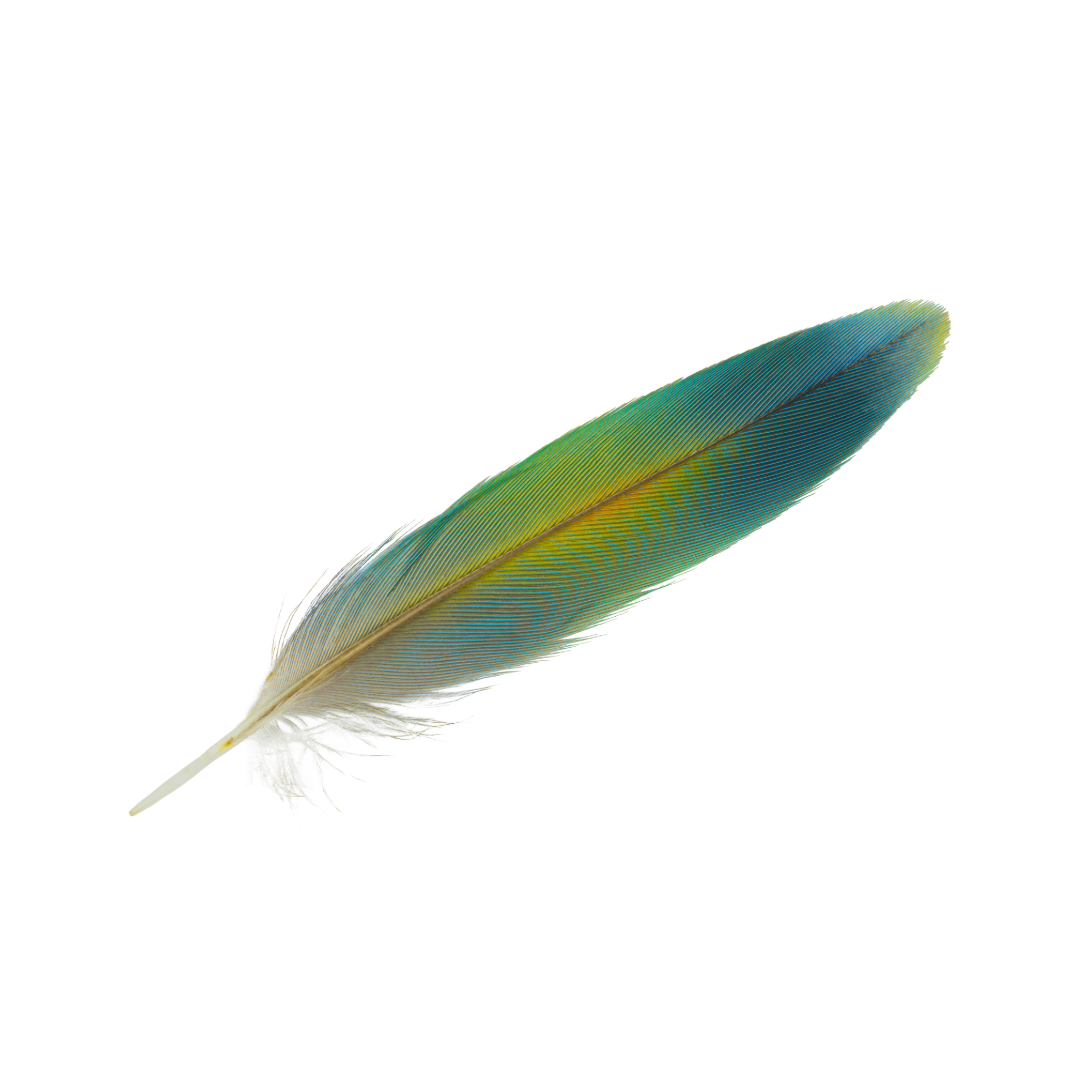The Puzzling Behavior of Feather Plucking
Feather plucking in birds is a behavior that often puzzles and concerns pet owners. This habit, where a bird repeatedly plucks or tears out its feathers, can lead to noticeable bald spots and sometimes skin injuries. Understanding the underlying causes and effective treatments is crucial in helping our feathered friends.
Unbalanced Diet: The Biggest Culprit
One of the most common causes of feather plucking is an unbalanced diet. Birds require various nutrients for health maintenance, and a lack in essential vitamins, minerals, and amino acids can lead to poor feather quality and a weakened immune system. This can trigger a bird to start plucking its feathers. A well-balanced diet, such as Nature's Nest bird food, can provide the necessary range of nutrients, leading to improved feather health and reduced feather plucking.
Nature's Nest: Nutritional Balance Solution
Nature's Nest addresses dietary deficiencies by offering a comprehensive range of essential nutrients. High-quality proteins, fats, vitamins, and minerals in Nature's Nest support feather growth and overall well-being, making it an excellent choice for birds prone to feather plucking due to dietary imbalances.
Environmental Stress and Recommendations
Birds are sensitive to their environment. Changes in their living conditions, such as loud noises, lack of stimulation, or changes in routine, can lead to stress-induced feather plucking. To mitigate this:
- Create a Calm Environment: Ensure the bird's habitat is away from loud noises and disturbances.
- Regular Routine: Establish and maintain a consistent daily routine to provide a sense of security.
- Appropriate Cage Size: Provide a spacious cage to allow for movement and exercise.
- Enough Sleep: Best sleep time would be the same time the sun goes down. Ideally a big enough “night cage” with food and water would work best.
Behavioral Issues and Interventions
Sometimes, feather plucking is a behavioral issue, akin to a habit or a response to boredom. Providing mental and physical stimulation through toys, interaction, and exercise can be beneficial. For birds plucking feathers due to behavioral issues:
- Enrichment Toys: Introduce various toys to keep the bird mentally stimulated and engaged.
- Interaction and Training: Regular interaction and training sessions help alleviate boredom and foster a bond with the bird.
- Regular Exercise: Allowing the bird time outside its cage to explore and play can be beneficial.
Medical Conditions and Treatment
- Veterinary Check-Up: Regular check-ups with an avian veterinarian are essential for early detection and treatment of health issues.
- Medication: If diagnosed with a skin infection or other condition, follow the veterinarian's prescription and treatment plan.
- Specialized Diets or Supplements: Based on the vet's advice, certain supplements or a specialized diet may be necessary.
Psychological Factors and Care
- Positive Reinforcement: Use positive reinforcement techniques to encourage desired behaviors.
- Stress Reduction: Identify and reduce potential stressors in the bird's environment.
- Companionship: Consider providing companionship if suitable, as some birds benefit from social interaction with their own kind. Please seek specialist advice to help you choose the right companion.
Conclusion: A Comprehensive Approach
Feather plucking in birds requires a comprehensive approach that includes a balanced diet like Nature's Nest, a conducive environment, mental and physical stimulation, and prompt medical care. By understanding and addressing the varied needs of our feathered companions, we can help them lead healthier and happier lives. All your bird needs is love and Nature’s Nest.

